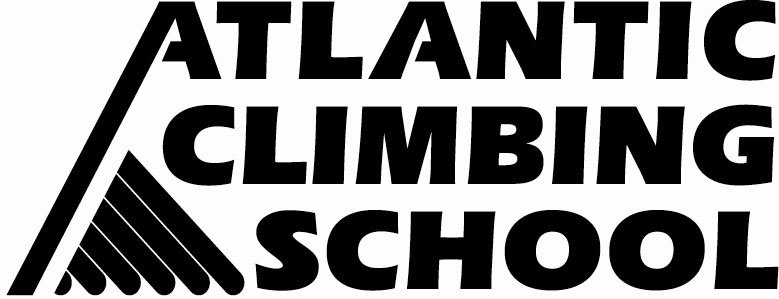FAQ
What does a typical day of rock climbing look like?
Our courses run 7 days a week, and we offer half days (4 hours) and full days (8 hours) of climbing instruction. Whether you’re new to climbing or an experienced climber, our courses are custom-tailored to you depending on your goals for the day. At the start time of your course, we’ll meet you at the office, where you’ll meet your guide and get all the climbing gear you need. The guide will ride with you in your vehicle to a climbing location, or drive themselves if there is no space in the vehicle. Once you’re at the climbing location, we’ll go over basic technique, communication and safe practices. Then we’ll get you on as many climbs as you desire! All of our guides are AMGA certified, experienced rock climbers, and have expert knowledge of the climbing routes in Acadia. We strive to make your experience memorable and give you the right amount of challenge, while also creating an encouraging, safe, and comfortable environment.
Is it safe?
Rock climbing has inherent risks that are unavoidable — some would say, desireable. Consider that inherents risks cannot be eliminated from an activity like rock climbing without fundamentally changing the nature of the activity. Rock climbing is dangerous, that’s a plain fact everyone must understand and accept if they choose to climb. However, with experienced instruction, diligent attention to detail and a constant awareness of your surroundings, the risks associated with climbing can be managed. We run a very tight ship at Atlantic Climbing School; upon arriving at the climbing site, we lay down ground rules and we aren’t afraid to bark if someone gets careless. Our perfect safety record is testament to this approach.
Will I get tired?
Yes, but to what degree depends entirely upon how hard you choose to push yourself. We like to start out our courses slow, letting you warm up gradually, then increase the intensity a bit if you feel comfortable. Climbs are rated according to difficulty, so we can select a level that you prefer and stay within that range. Our job as guides includes orchestrating an overall experience for you, which includes how the intensity, both physically and mentally, fluctuates throughout a course to reflect your comfort and fitness levels.
Do you have to be an athlete?
No, anyone can climb. Our job begins with directing you towards the course that’s best suited for you, then selecting a climbing site that matches your age, fitness and experience levels. Sure, fitness helps, but the most important asset you can bring to a course is this: A willingness to try something new.
What are the oldest clients you’ve had sign up for a course?
Jeff Butterfield’s first client in Bar Harbor (back in the Gale Force Climbing days ( see ACS History) was a 75 year old dentist from Wisconsin.
Do I need to buy any special equipment?
No. We provide all necessary climbing equipment: climbing shoes, harness and a helmet for each client, as well as all the technical gear like ropes and hardware.
What if I am afraid of heights?
We all are, it’s just that experienced climbers have learned to implicitly trust the safety system. That’s the first item on the agenda when you learn to climb. A fascinating aspect of our job as guides is how much of a role psychology can play in what we do. Thoughtfully facilitating a client with a deep fear of heights through a course can be a very satisfying experience. More than once our patience has produced significant breakthroughs for clients that were clearly life changing events.
What if I can’t climb back up?
There are numerous techniques, “guide tricks” as some have called them, which allow us to easily haul you back up if necessary. Not to worry, no one gets left behind.
What if I don’t want to do something?
We don’t run a boot camp. All activities on our courses are elective; “challenge by choice” is a common catch phrase we hear these days in the experiential education field to describe this approach.
I just want a simple course to see if I like it. What do you recommend?
We designed a course called The Climbing Experience specifically for you.
Do you take American Express?
Yes, we do.
Do you sell T-shirts?
Yes we do. We sell t-shirts, tanks, and hoodies in a variety of colors and prints. Stop by our office to check ‘em out!
Where can I buy some good climbing instruction books and climbing equipment?
Cadillac Mountain Sports on Cottage Street in Bar Harbor carries a great selection of climbing books including the How To Climb series we favor, as well as a reference copy of the out-of-print Acadia – A Climber’s Guide by previous ACS owner Jeff Butterfield. Cadillac also carries a wide selection of name-brand climbing equipment. Your guide would be happy to take you into the store and assist you with your purchases; don’t hesitate to ask.
Is it OK to tip my guide at the end of a course?
Tipping is not expected but always greatly appreciated. Like waiters/waitresses, guides supplement their guiding income with tips generated from satisfied clients.



